What’s the Buzz
The Bee Healthy Blog
Does Prednisone Raise Blood Pressure?

Prednisone is a commonly prescribed medication used to reduce discomfort and inflammation associated with a wide variety of health problems such as osteoarthritis, rheumatoid arthritis, inflammatory bowel disease, allergic reactions, asthma, chronic obstructive pulmonary disease (COPD), and other autoimmune diseases.
It belongs to a group of medications called corticosteroids, also called steroids. Prednisone is the synthetic form of corticosteroids that are naturally present in the body.
Please continue reading to learn more about the effects of prednisone on blood pressure. Also, find out why it may be important for you to regularly monitor your blood pressure while taking prednisone or steroid therapy with other corticosteroids.
Can prednisone raise blood pressure?
Yes, one of the possible side effects of prednisone is elevated blood pressure. The increase in blood pressure occurs due to two reasons - fluid retention and weight gain.
Prednisone affects certain receptors on the kidneys, leading to sodium and water retention. When the body retains excessive sodium and fluid, it increases the total volume of blood, leading to high blood pressure.
Another way in which prednisone can increase blood pressure is through weight gain. Prednisone mimics the natural hormone cortisol made by the adrenal glands in the body; cortisol is known to affect metabolism and appetite. Similarly, prednisone causes increased appetite, which leads to excess calorie intake and weight gain. People who are overweight or obese have a considerably higher risk of developing high blood pressure. Conversely, healthy weight loss can help control blood pressure.
Other side effects of prednisone besides fluid accumulation and weight gain include elevated blood sugar, sleep problems, skin thinning, mood swings, bone loss, suppression of the immune system, weakness, tiredness, and heartburn, among others.
How can I lower high blood pressure caused by prednisone?
Some people can develop hypertension (high blood pressure) due to fluid retention and weight gain caused by prednisone. People who already have hypertension may have worsening blood pressure control when taking prednisone or other corticosteroids. There are several ways to manage elevated blood pressure caused by prednisone.
Prednisone dosing
Doctors typically prescribe a low dose of prednisone for the shortest possible duration to minimize the side effects of this medication. However, sometimes higher doses of prednisone or other corticosteroid drugs are necessary, and fluid retention and weight gain damage are unavoidable.
Lifestyle changes
Your healthcare provider may recommend monitoring blood pressure regularly to check your body’s response to prednisone. If you have significant weight gain or disruption of fluid balance and develop high blood pressure on prednisone, lifestyle changes can be employed to manage it.
A low sodium diet and low cholesterol diet is recommended to manage blood pressure and help maintain a healthy weight—opt-out of eating processed foods that contain extra salt.
Your aim should be to eat a balanced diet that includes fruits, vegetables, whole grains, lean proteins, and healthy fats. Such a diet can help reduce fluid retention, aid weight loss, and, ultimately, can help manage high blood pressure. These dietary changes are especially effective when combined with regular cardio and weight-bearing exercise.
Blood pressure medications
You may need to start taking a blood pressure medication if your blood pressure is consistently high despite lifestyle and dietary modifications. If you already take medications to control high blood pressure, their dosages may need to be adjusted by your doctor. You should follow professional medical advice from your healthcare provider to help manage high blood pressure.
Can you take prednisone with high blood pressure medications?
Yes, as mentioned above, your doctor may prescribe medications to treat high blood pressure while taking prednisone. For example, diuretics or water pills can help to reduce fluid retention and lower your blood pressure.
What should you not take with prednisone?
It is important to give your doctor a complete list of your medications, including prescription drugs, over-the-counter medicines, supplements, and herbal products to reduce the risk of drug interactions. A combination of prednisone and certain other medications can increase the risk of serious side effects. Your doctor may adjust the dose of your medicines or choose a different medication for you if there are known interactions or avoidable side effects.
If you are taking blood pressure medication or a diuretic to control prednisone-induced hypertension, you should talk to your doctor about potential dose adjustments of your blood pressure medicine while tapering off (slowly reducing the dose) prednisone. During this tapering process off prednisone, your doctor will monitor your blood pressure while keep an eye out for symptoms of high or low blood pressure, such as headache, dizziness, fainting, blurred vision, and feeling cold and clammy.
Wrapping Up: Prednisone and Blood Pressure
Corticosteroid drugs, including prednisone, are highly effective in treating many conditions such as allergies, arthritis, asthma, and autoimmune disorders. But these drugs carry a risk of side effects such as high blood sugar, reduced bone mass, and high blood pressure while on this medication. The risk is higher when you are on high doses of prednisone for an extended time.
You should discuss with your healthcare provider regarding different approaches to better manage the risks of taking prednisone, especially if you have to be on this therapy long-term. Keep in mind that even though side effects of steroids are unavoidable, your healthcare team can help you manage them. For example, if you develop high blood pressure on prednisone, as discussed above, your doctor may advise lifestyle changes or prescribe medications to manage blood pressure.
References:
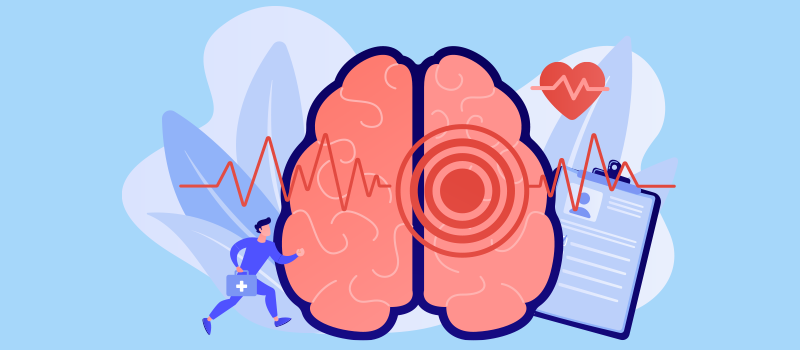


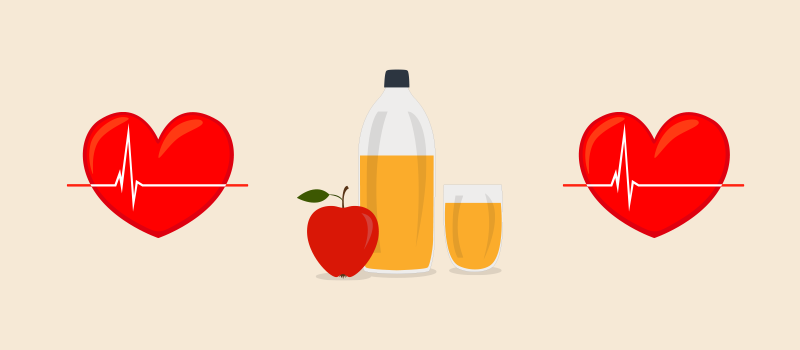
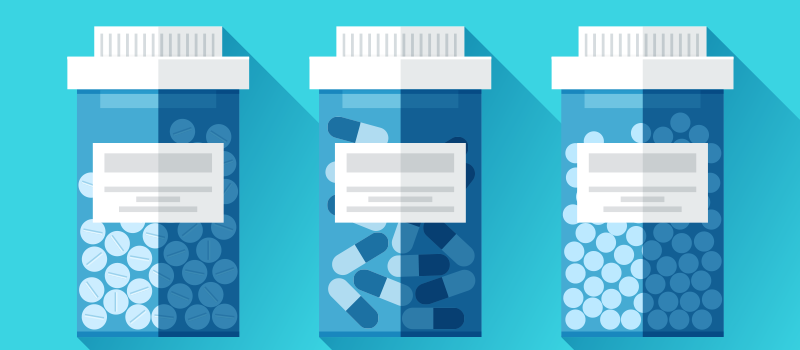
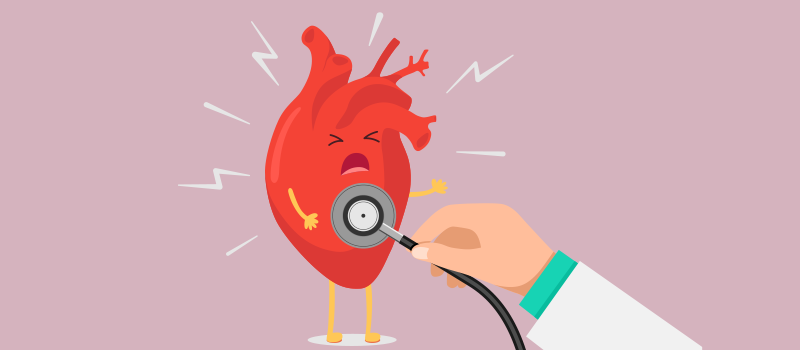
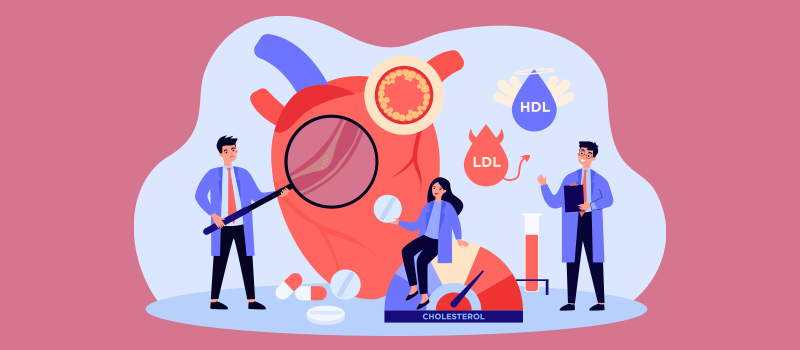




SOCIAL